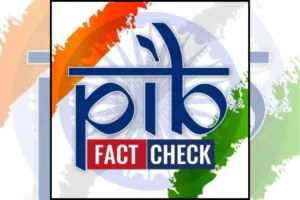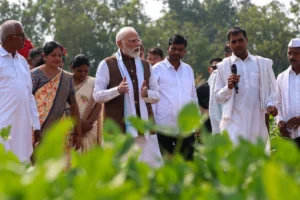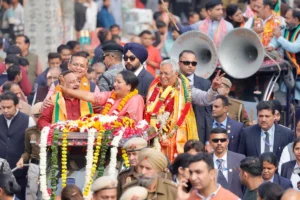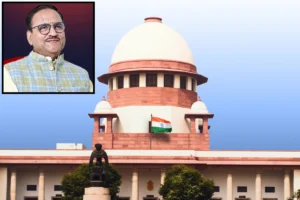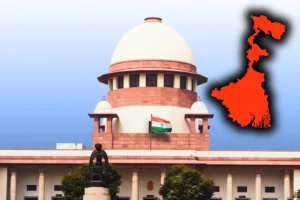
Remote voting is a fundamental reboot for an inclusive and participative democracy.
The Election Commission of India on Thursday said that it has developed a prototype for a Multi-Constituency Remote Electronic Voting Machine (RVM) which will enable remote voting by migrant voters.
Domestic Migrants currently face disenfranchisement due to their inability to travel back to the polling stations where they are registered as voters.
“ Remote voting is a fundamental reboot for an inclusive and participative democracy,” Chief election commissioner Rejiv Kumar said to media.EC remains focused on addressing factors that kept around 30 crore electors from voting in the 2019 Lok Sabha polls. ”These include urban apathy, youth apathy and migration based disenfranchisement”, he added.
The Commission has invited all recognized 8 National and 57 State Political Parties on 16 January 2023 to demonstrate the functioning of the multi-constituency prototype remote EVM.
Election Commission: The technical expert committee members will also be present. The commission has also solicited written views of recognized political parties by 31 January 2023 on various related issues including changes required in legislation, changes in administrative procedures and voting method/RVM/technology, if any other, for the domestic migrants.
Also read: Bharat Jodo Yatra: Congress MP Rahul Gandhi Slams BJP And RSS As His Guru
Based on the feedback received from various stakeholders and demonstration of the prototype, EC will appropriately carry forward the process of implementing remote voting method.
Sources said a remote voting model already exists for Kashmiri migrants, with booths set up for them at remote location at their place, during parliamentary and assembly polls in J&K.
The remote voting can lead to a social transformation for migrants and connect with their roots as they are often reluctant to get themselves enrolled at their place of work for various reasons.
Under Section 19 of the Representation of the People Act, 1950, a person can be enrolled as a voter in a constituency where he is ordinarily resident.
In case, he migrates to another constituency, he must fill up a voter enrolment form at the new place and request that his name be deleted from the roll of the constituency where he was earlier registered.
Postal ballot option exists but is limited to service voters, foreign mission staff, those engaged in essential services, 80 years plus citizens, persons with disabilities and Covid positive voters.
To read more such news, download Bharat Express news apps







